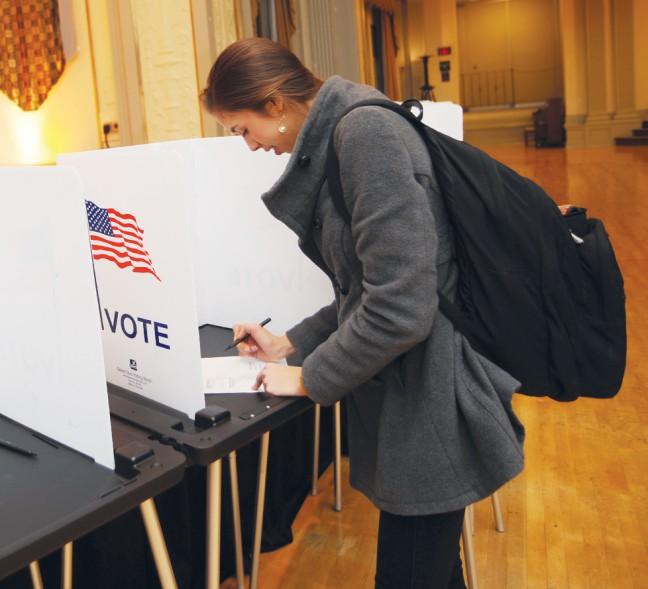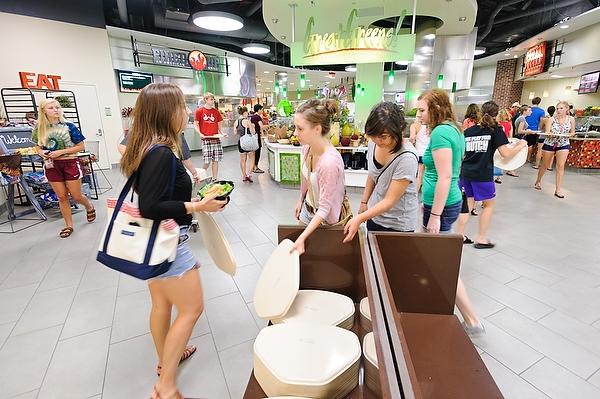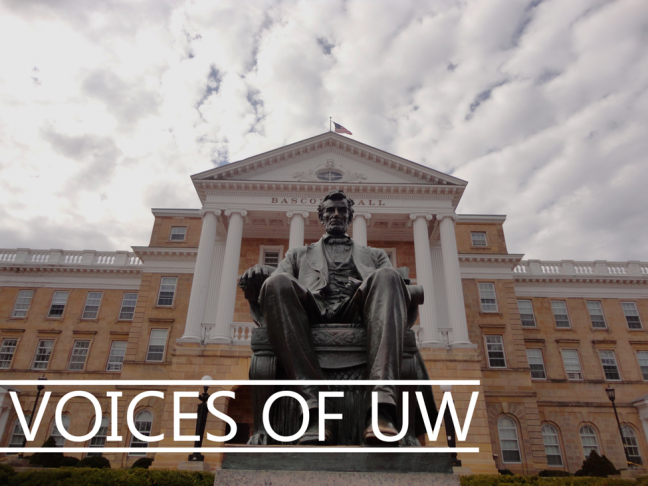This past Tuesday, the University of Wisconsin campus turned out in large numbers to the polls to vote in the Wisconsin presidential primary and numerous state and local elections. The day gave us many winners and losers, but some of the biggest were the untold number of students dissuaded from voting due to the state’s recently imposed voter identification requirements.
The widely known and notorious voter ID law is one of dozens around the country requiring voters to present an approved form of photo ID to prevent in-person voter fraud. The Badger Herald reported widespread confusion among student voters over the policy, with some being turned away without it and others waiting in line for an hour or more to get one.
While Democrats and voter rights organizations have rightly lambasted Republicans for passing the legislation, a great deal of confusion and inconvenience can be attributed to UW’s response to the new policy.
In order for the Wiscard to be a legally valid form of voter ID, it would require a student signature and an expiration date lasting no more than two years, meaning every student would need to replace their ID once during a four-year college career. Considering the wear and tear I see on cards as a library student worker, this probably already happens to most students. By making Wiscards compliant with voter ID requirements, costs would be minimized and all students would have a guaranteed ID within four years. These are not tough hurdles to overcome.
In fact, UW has had to overcome far greater obstacles in helping students vote. To meet the law’s requirement for enrollment verification, they created a wisc.edu page that provides an instant letter electronically, a project which took funding, staff time and marketing to promote. In contrast, UW chose not to make all Wiscards, or even newly issued ones, into valid voter IDs, instead favoring an “opt-in” option, where students must wait in lines for an hour or longer to get a card.
Lines at the polls themselves were relatively short. But, compared to the lines to obtain a voter ID-compliant card, lines grew to hour-long waits. This was a problem not just here on UW’s campus, but across the UW System, with similar instances noted at UW-Eau Claire as well.
The UW System’s decision to skimp on voter assistance may have contributed to the decision of many students to skip waiting in line and skip casting a vote. Students should demand the administration begin preparations to ensure all Wiscards are valid voter IDs by the November general election, and do all they can to make voting open and accessible to all students.
Alex Derr ([email protected]) is a senior majoring in political science and environmental studies.











